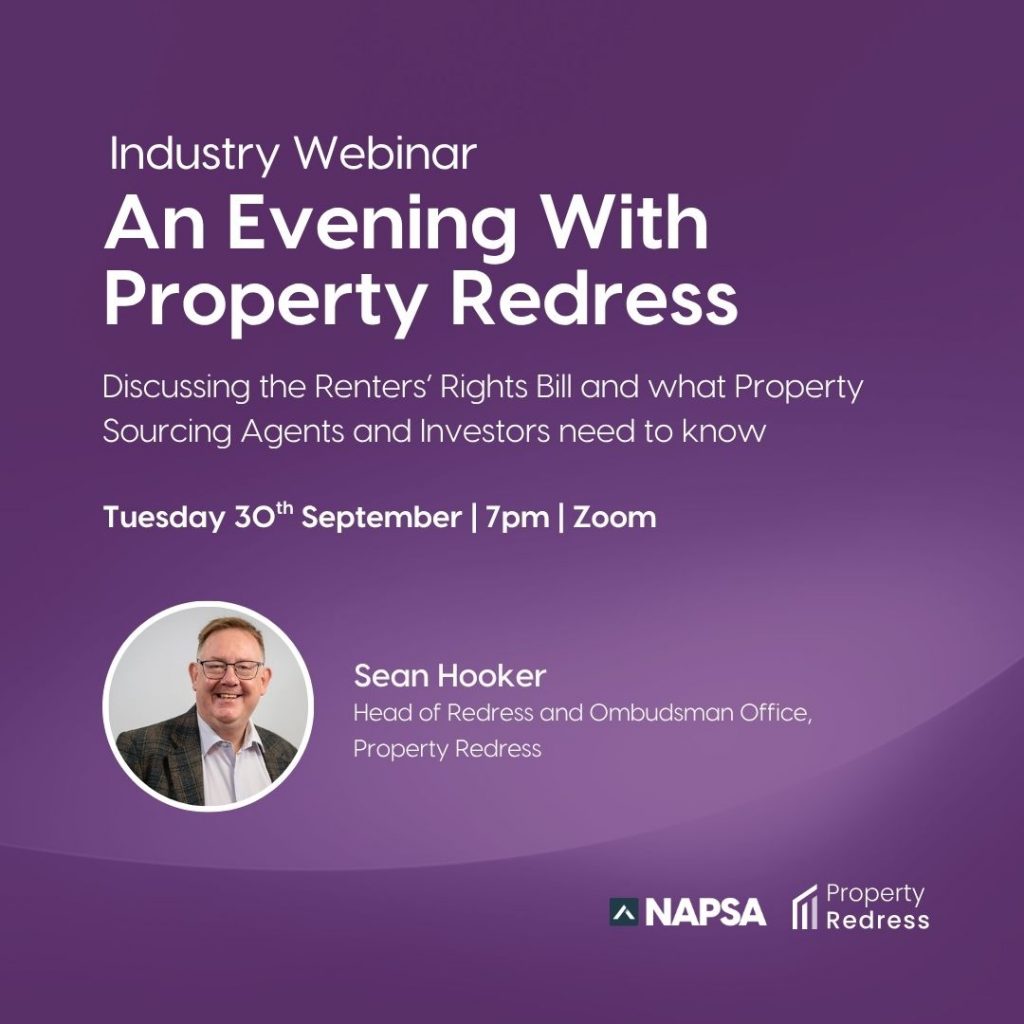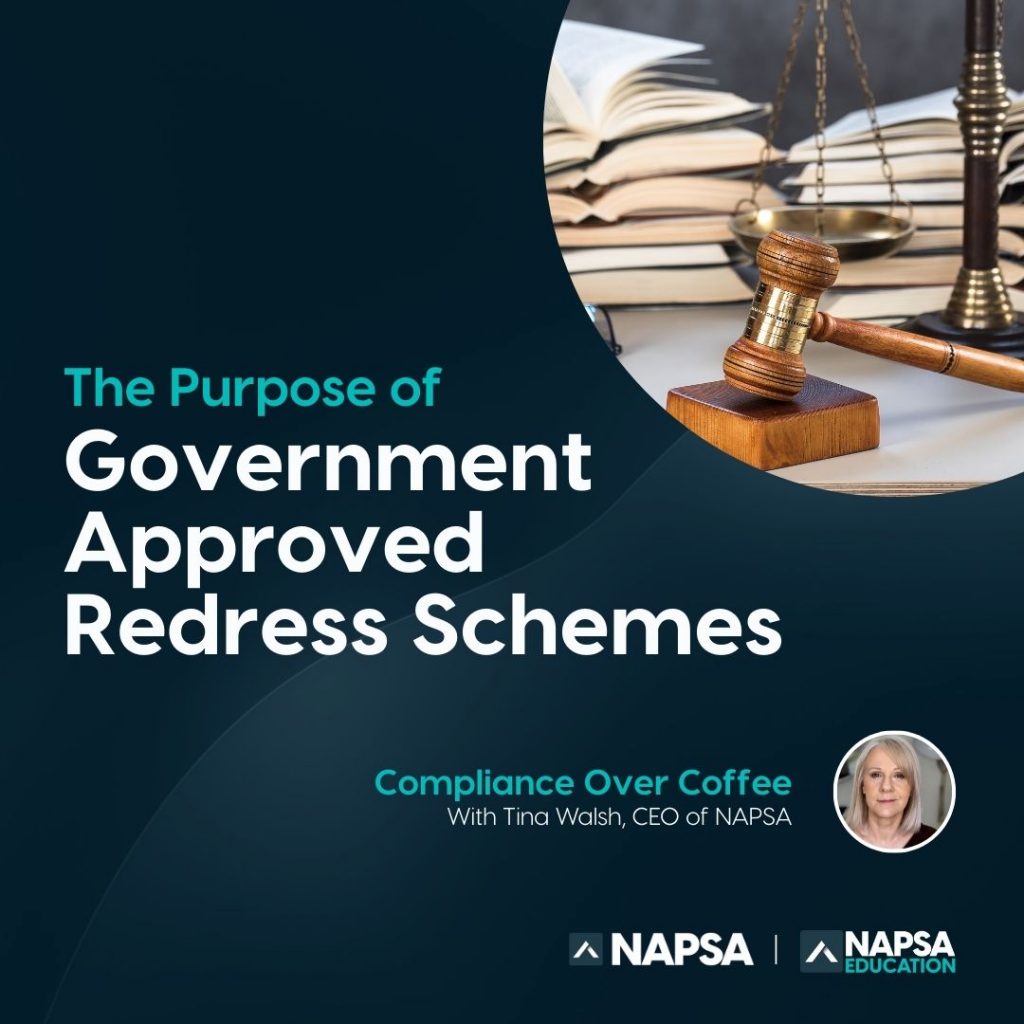This week has been a whirlwind for the NAPSA Team, but as we reflect, it’s clear we’ve accomplished a great deal – here’s a quick snapshot of what we’ve been up to:
Member Compliance and Business Reviews:
We completed five in-depth Member Reviews, providing tailored feedback through our bespoke reporting system. Each time we carry out these reviews, our team can spend anywhere between 2-4 hours reviewing documents, registrations, insurance policies and of course business terms.
The next step? Working 1:1 with these members to guide them toward becoming approved and searchable on NAPSA’s platform to property investors.
New Members Approved:
Two new members have been approved this week, and their profiles are now live on the NAPSA website – you can view them here:
Top Pick Property (source in the West Midlands, focusing on Wolverhampton)
Gryffyn Property Trading (source across the South West & Wales)
Training Certificates Issued:
Four sets of training certificates were awarded to individuals who successfully completed our bespoke training in Data Protection and Anti-Money Laundering.
We find that AML training is often overlooked, despite you having to ‘tick’ to confirm you have completed it when registering with HMRC. It’s just not worth the risk, and we’re glad these sourcing agents felt the same!
While these achievements are worth celebrating, one topic has stood out during our review process this week: the growing impact of AI on the property sourcing sector.
The Rise of AI in Property Sourcing
During our reviews, we’ve noticed a significant increase in the use of AI-generated documents. From legal agreements to AML risk assessments, policies, and procedures, AI is being used to create a wide range of materials.
But this raises an important question: Can AI truly support sourcing agents and deal packagers in creating high-quality, compliant documents? Let’s explore this through the lens of “The Good,” “The Bad,” and “The Ugly.”
The Good
AI is here to stay, and for sourcing agents and deal packagers, it offers some undeniable benefits. When used correctly, AI can be a powerful tool to streamline certain aspects of your business.
- Content Creation: AI can help create the foundation for articles, blogs, and other written content. For example, the NAPSA Team uses AI to draft the structure of some content, however we provide a thorough brief to start with, including our own research and findings – then with what AI produces, we fact-check and refine to ensure accuracy and relevance.
- Property Searches: Many property-finding software tools now incorporate AI to enhance search capabilities, making it easier to identify potential opportunities.
- Marketing Support: AI can provide helpful hints for writing social media posts, emails, and other marketing materials, saving time and effort in day-to-day activities.
The key takeaway? AI can be a valuable assistant, but it’s not a replacement for expertise. Always fact-check and refine AI-generated content to ensure it meets your standards.
The Bad
While AI has its advantages, it’s not without limitations – especially when it comes to creating critical documents.
- Legal and Compliance Documents: AI is not yet capable of producing high-quality legal agreements, policies, risk assessments, or AML controls and procedures. Unfortunately, many sourcing agents, constrained by limited budgets, are using AI as a shortcut without fully understanding what these documents should include.
- Accuracy Issues: AI doesn’t inherently know what’s right or wrong. It pulls information from various sources, which can lead to inaccuracies or incomplete documents.
For sourcing agents, this can be a costly mistake. Without the necessary knowledge to verify AI-generated documents, you risk non-compliance and potential legal issues.
The Ugly
The misuse of AI in document creation can lead to serious consequences, particularly when it comes to copyright infringement.
- Copyright Breaches: We’ve seen instances where sourcing agents use AI to find documents online, only to unknowingly copy copyrighted materials. This is a major legal risk.
- Embedded Terms: Savvy document owners, like NAPSA, embed unique terms or phrases in their materials to track and prove ownership. If you use these documents without permission, you could face legal action for copyright infringement.
The lesson here is clear: Don’t rely on AI to create or source critical documents unless you have the expertise to verify their accuracy and legality.
Looking Ahead: Simplifying the Conveyancing Process
In other news, there’s a significant push to simplify and streamline the conveyancing process – a development that could greatly benefit the property sourcing sector.
Several companies and finance providers are collaborating to make this a reality, and NAPSA is actively involved in these efforts. Once these solutions are finalised, NAPSA members will have access to these streamlined processes, enabling them to offer even greater value to their clients.
Final Thoughts
AI is undoubtedly transforming the property sourcing sector, offering both opportunities and challenges. As Tina Walsh, CEO of NAPSA, emphasises, the key is to use AI as a tool – not a crutch. By understanding its capabilities and limitations, sourcing agents can harness AI’s potential while avoiding its pitfalls.
At NAPSA, we’re committed to supporting our members in navigating these changes and ensuring they have the knowledge and resources to succeed in an evolving industry.
Like a consultation call with Tina? We offer a number of free calls each week to discuss your property sourcing or deal packaging business, to assess any gaps and provide guidance on recommended next steps.





